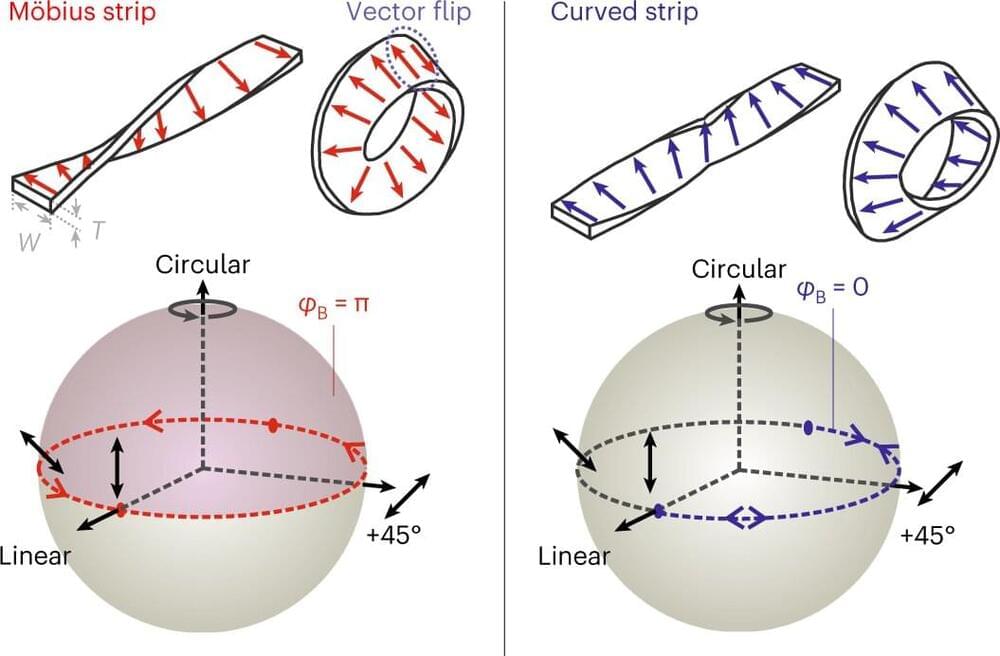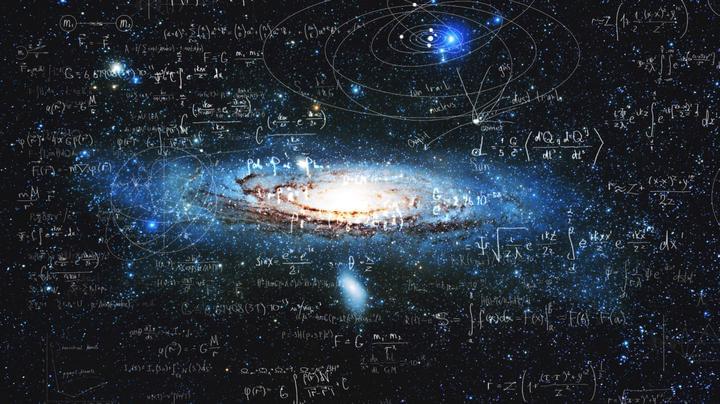In the current issue of Nature Photonics, Prof. Dr. Oliver G. Schmidt, Dr. Libo Ma and partners present a strategy for observing and manipulating the optical Berry phase in Möbius ring microcavities. In their research paper, they discuss how an optical Berry phase can be generated and measured in dielectric Möbius rings. Furthermore, they present the first experimental proof of the existence of a variable Berry phase for linearly or elliptically polarized resonant light.
A Möbius strip is a fascinating object. You can easily create a Möbius strip when twisting the two ends of a strip of paper by 180 degrees and connecting them together. Upon closer inspection, you realize that this ribbon has only one surface that cannot be distinguished between inside and outside or below and above. Because of this special topological property, the Möbius strip has become an object of countless mathematical discourses, artistic representations and practical applications, for example, in paintings by M.C. Escher, as a wedding ring, or as a drive belt to wear both sides of the belt equally.







